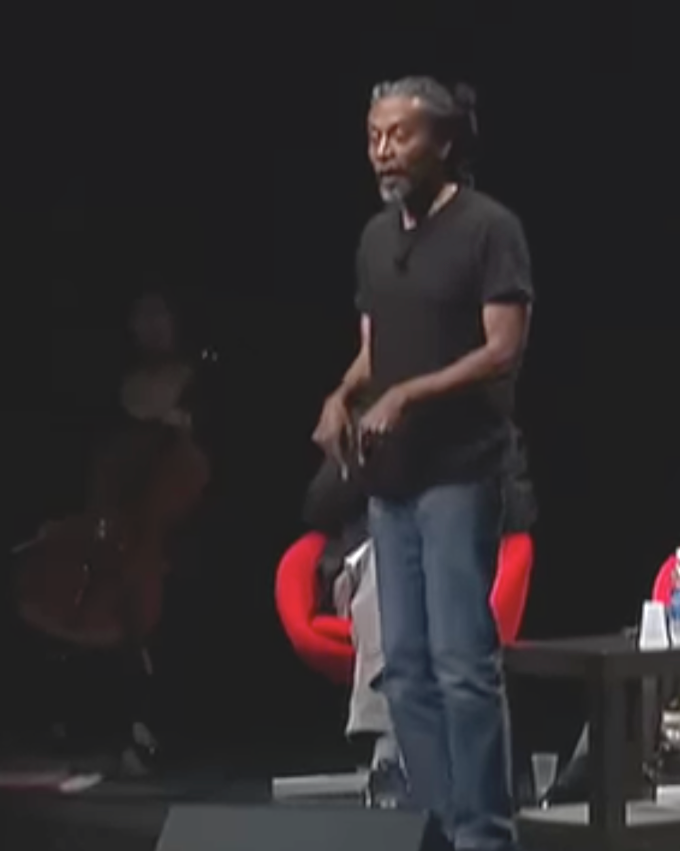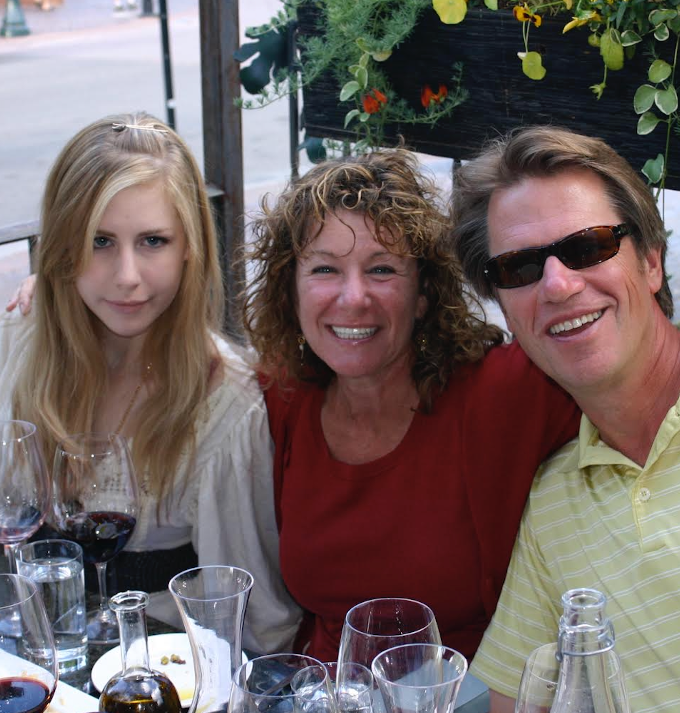September 12, 2025
Learning
Business as usual is clearly failing us. We need completely different visions of futures that work.

Manda Scott is a Scottish writer and podcaster who blends storytelling with deep social and ecological change. She is the creator and host of the Accidental Gods podcast.
Manda Scott is recognized as a leading champion of the concept of “Thrutopia”—narratives that guide society through crisis toward regeneration, rather than merely imagining dystopias or unattainable utopias. In this article, she explores how humanity might create a Thrutopia—a future-oriented narrative and practice—by applying the science of complex adaptive systems, especially during times of crisis and transformation.
Drawing on the work of Ilya Prigogine, Scott explains that complex systems, such as societies, reach points of instability where they face a bifurcation: they can either collapse or “emerge” into a higher-order system. “Small islands of coherence in a sea of chaos,” he famously said, “have the capacity to shift the entire system to a higher order.” In other words, small, purposeful acts and communities can catalyze large-scale systemic change.
As a curator of examples of radical hope, I value her distinction between naïve (pre-tragic) hope and “post-tragic” hope—one that acknowledges pain and chaos yet still holds faith in emergence and transformation.
In today’s context—where the radical right seeks to destabilize democracy and the artistic and educational pillars that uphold it—her argument that meaningful change cannot come solely from regulation, policy adjustments, or isolated solutions is especially compelling. She highlights the need to transcend outdated paradigms altogether, echoing Donella Meadows’ lessons on leverage points for systemic change.
Scott ultimately calls for releasing not only obsolete rules but also any attachment to any fixed paradigms, so that new “imaginal” possibilities can emerge. Or, as Einstein said, what got us here will not get us where we want to go.
"In a healthy society our networks of place, purpose and passion would be generative spaces where we were encouraged to bring the best of ourselves to a shared endeavour whose focus emerged from the totality of the system. There are places in the world where this is happening. By and large, though, in our crumbling end-stage somewhat toxic mess of a culture, our communities tend instead to become echo-chambers of self-delusion."
"Meadows stacked her leverage points in order of efficacy with ‘Changing constants, parameters and numbers’ lowest on the list: essentially tweaking regulation, laws and tax points. She proposed this in the last year of the old millennium and one of the many distressing features of late stage capitalism is that, two decades on, the system still elevates to power people who believe that tweaking constants and numbers is a useful thing to do. Granted, the system is designed to amplify the clout of people who will fight tooth and brain-dead nail to maintain the status quo, but even so, it’s hellish depressing."
ARTICLE: Thrutopia: Permacultures of Intelligence and Wisdom
WEBSITE: Thrutopia




